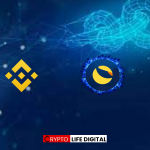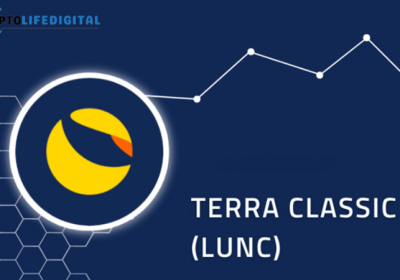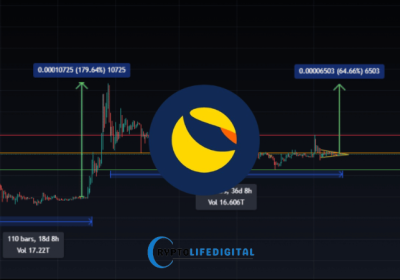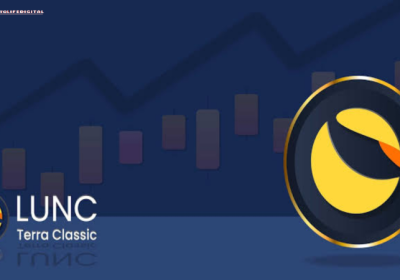Terra Classic Tightens Security and Governance with Proposed Measures

Terra Classic, a prominent blockchain network, has introduced two key proposals aimed at bolstering security, decentralization, and development efficiency. These proposals come in the wake of the network’s ongoing efforts to establish itself as a robust and independent blockchain ecosystem.
Enhancing Security and Decentralization Through Governance Rule
The first proposal focuses on network security and decentralization through a new governance rule. This rule restricts entities from operating multiple validator nodes or validating the network across different project divisions. Additionally, non-custodial service providers are prohibited from allowing users to run multiple validators.
Read Also: Binance to Burn More LUNC Tokens Despite Lower Trading Volumes
This measure aims to mitigate the risk of Sybil attacks, where a single entity controls a significant portion of the network’s nodes, jeopardizing its integrity. The proposal, if passed by the Terra Classic community, would necessitate immediate compliance from all network participants. This ensures a fair and balanced environment within the network, fostering trust and stability.
The Benefits of Decentralization
Limiting the number of nodes controlled by a single entity fosters a more decentralized network structure. This is crucial for preventing any one entity from wielding undue influence over the network and manipulating transactions. Enhanced decentralization also strengthens the network’s resilience against malicious attacks.
Read Also: Ripple and SEC Agree to Expedite Landmark Crypto Lawsuit
Furthermore, the proposal aligns with the dynamic commission module, a system that adjusts transaction fees based on network conditions. Increased compliance with the new rule can lead to more predictable and fair transaction costs for users. Validators play a critical role in the network by verifying transactions and creating new blocks. This proposal ensures they operate under stringent guidelines, safeguarding the network’s overall integrity.
Proposal for a Dedicated Development Team
In a separate but related development, Terra Luna Classic has proposed the establishment of a core team dedicated to overseeing the network’s development. The proposal outlines funding for the team’s monthly salaries from the community pool. This initiative seeks to centralize development oversight while maintaining the decentralized nature of blockchain governance.
The team’s primary responsibility will be to manage and implement new projects and updates efficiently. A dedicated development team signifies Terra Luna Classic’s commitment to streamlining operations and responding effectively to technical challenges. The final decision on the team’s roles, responsibilities, and compensation will be determined by the community vote.
It’s important to note that this development team would operate independently of Terraform Labs, the entity managing the newer Terra (LUNA) chain. This distinction underscores Terra Classic’s dedication to a distinct and autonomous operational framework. The community’s vote on both proposals will significantly shape the future trajectory of Terra Classic’s governance and development landscape.
Follow us on Twitter, Facebook, Telegram, and Google News.

Michael Onche: Crypto aficionado and seasoned analyst. With a keen eye for market trends and a passion for blockchain technology, he deciphers the intricacies of cryptocurrency with precision. Michael’s expertise and insightful content make him a trusted guide for navigating the dynamic world of digital assets.










